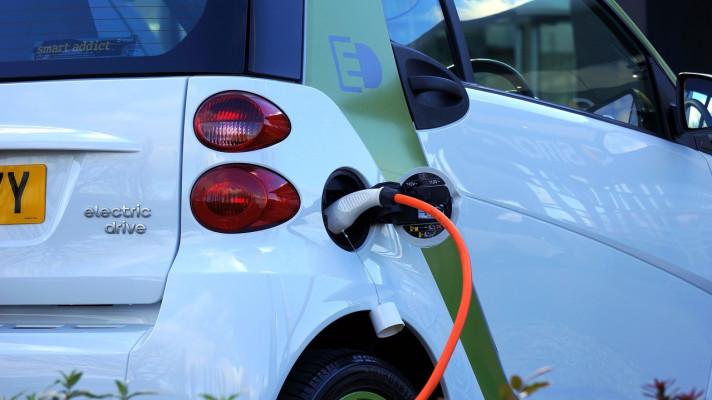Improving the environmental performance of cars
New research has compared life cycle environmental impacts of new petrol and diesel cars and highlighted options for improvement. It indicates that the greatest improvements are achievable through more efficient power trains and lightweight cars. However, these technological solutions come at a financial cost whereas other improvement options, such as behavioural changes, provide a win-win solution.
Private transportation is one of the three types of product that have been identified as responsible for 70 to 80 per cent of all environmental impacts in the EU (along with food and drink and housing)1. The EU IMPRO-car research project2 is focusing on the environmental improvements of passenger cars, and as part of this, this study estimated the environmental impacts of new average petrol and diesel cars using a life cycle assessment (LCA), which analyses impacts from production to disposal.
Five main stages in the life cycle were identified: production phase, production of spare parts (such as batteries and tyres), fuel production, fuel consumption and car disposal and waste treatment. The researchers evaluated a number of technological and non-technological options to help reduce the life cycle impacts of the two types of car.
Unsurprisingly, fuel production and consumption have the greatest environmental impact in terms of energy use and GHG emissions for both the petrol and diesel car. Other impacts, such as photochemical oxidation (which causes smog), eutrophication of water and particulate emissions, differ according to the type of car. For the petrol car, the fuel production phase has the greatest impact in these three areas, whereas the fuel consumption phase dominates for the diesel car.
For both types of car, the production, fuel production and car disposal phases have the greatest environmental impact with regard to the generation of solid waste. Furthermore, depletion of natural abiotic resources is dominated by production and spare parts (made of lead) phases.
Comparing the two types of car, the results indicate that the petrol car is less environmentally friendly with respect to GHG emissions and use of fossil fuels, whereas the diesel car is less environmentally friendly regarding production of photochemical smog, eutrophication and particulate matter.
The most effective options for improving environmental performance were improving the efficiency of the power train (components responsible for producing and delivering power to the vehicle, including the engine) and making cars lighter, both of which reduce fuel consumption and therefore GHG emissions. For example, a 30 per cent decrease in weight can reduce GHG emissions by about 15 per cent in both cars. Improvements in the power train have greater potential benefit for the petrol car, whereas improvements in systems to reduce air pollution have greater potential benefit for the diesel car.
However, the options that avoid the greatest environmental costs generally incur the greatest financial costs. For instance, the hybrid car is shown to be more costly (per unit of avoided environmental cost) than the other improvement options, while options that are less reliant on technological change (e.g. driving behaviour, speed limits, reducing tyre rolling resistance) are win-win options. For example, changes in driving behaviour through the use of a gear shift indicator, reduces GHG emissions by about 4 per cent. This only costs about EUR0.07 per 100 km of driving in a diesel car whereas decreasing the weight by 30 per cent would cost EUR0.24 per 100 km of driving.
- As identified by the EIPRO (Environmental Impact of Products) project, conducted by the European Commission's DG Environment and DG Joint Research Centre. See http://ec.europa.eu/environment/ipp/identifying.htm
- IMPRO (Environmental Improvement of Passenger Cars) was conducted by the European Commission's DG Joint Research Centre. See: http://ipts.jrc.ec.europa.eu/publications/pub.cfm?id=1564
Contact: guillaume.leduc@ec.europa.eu
